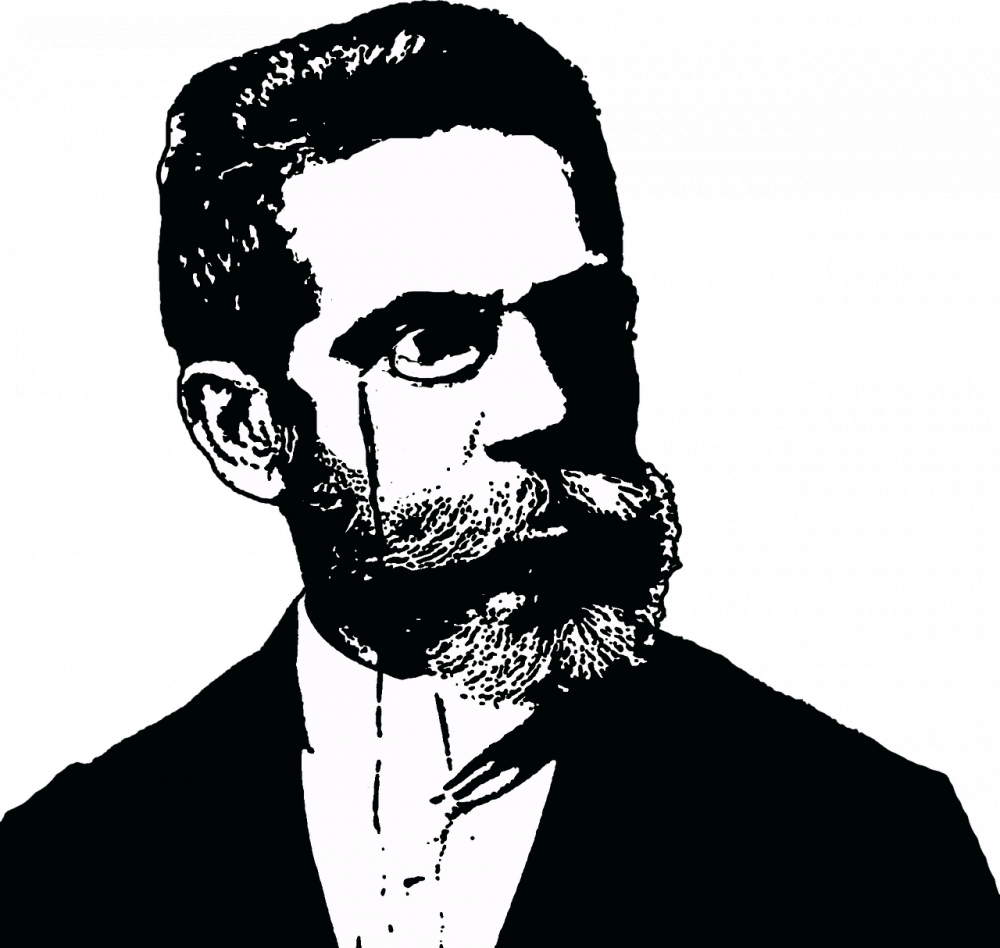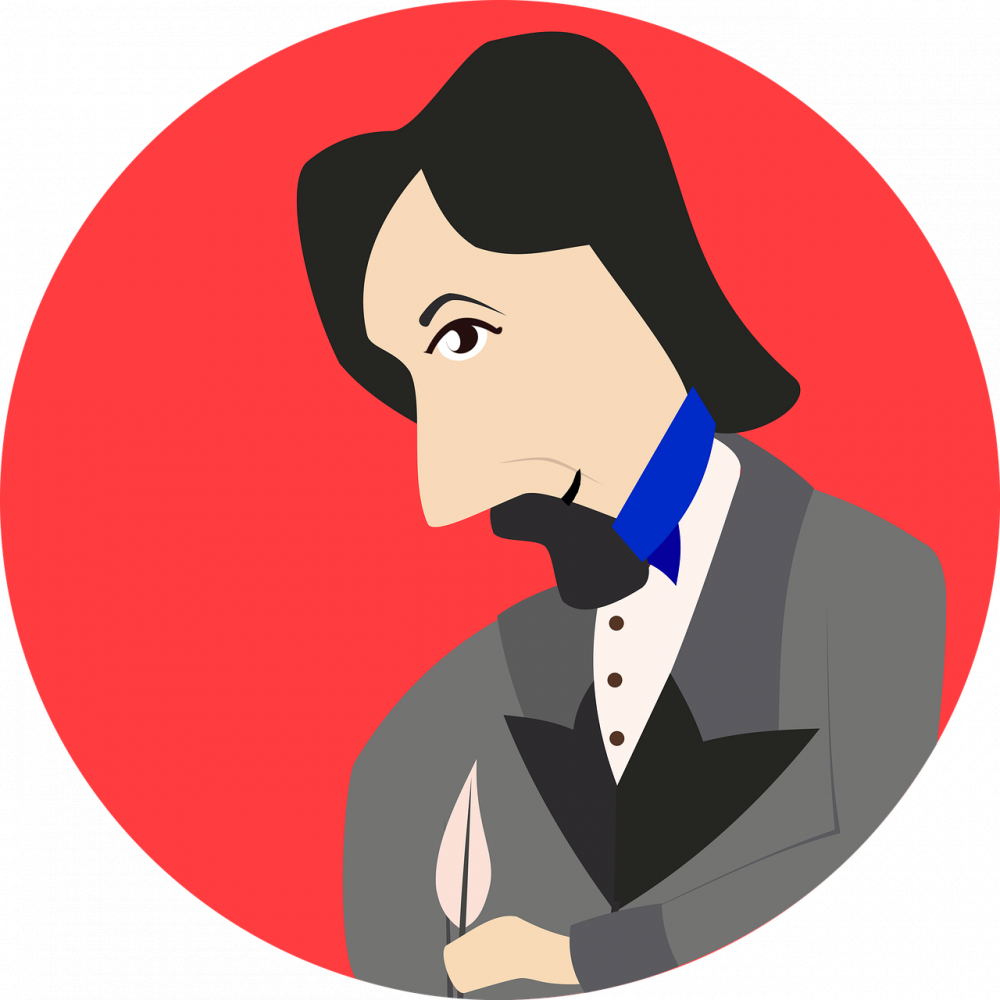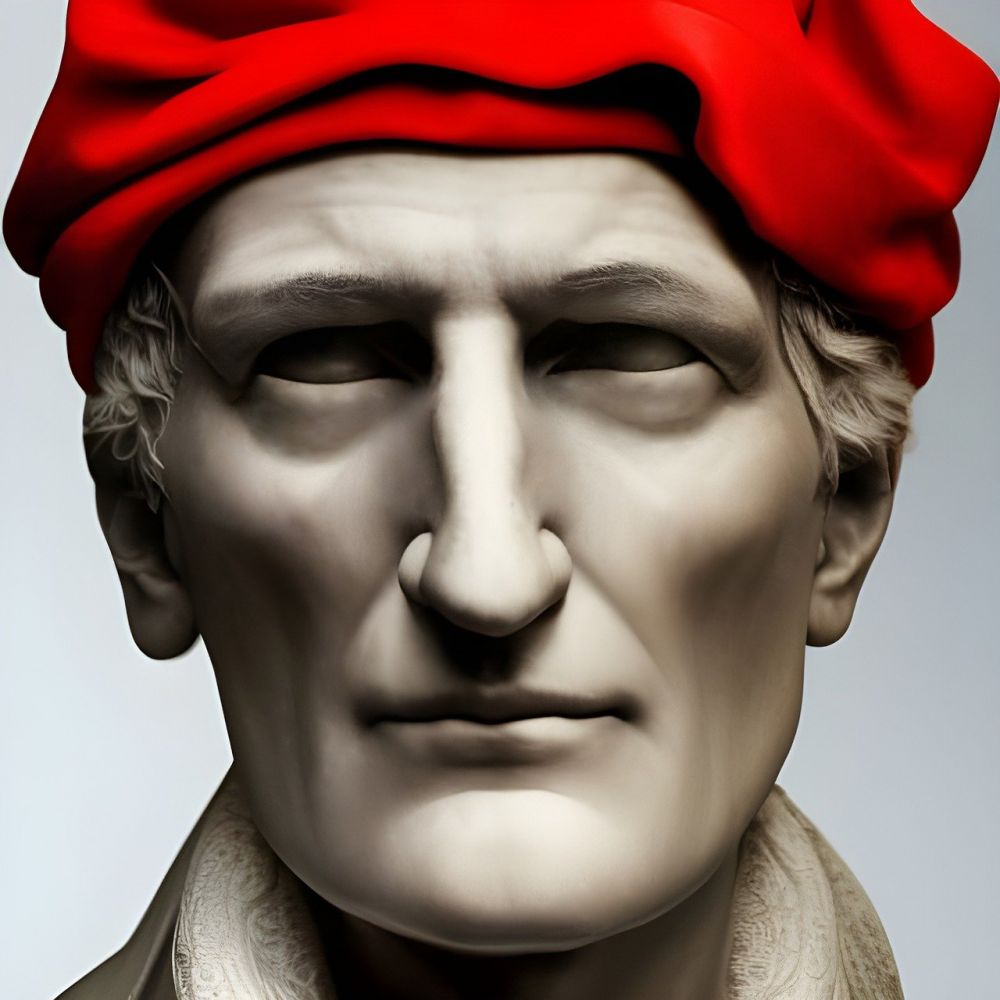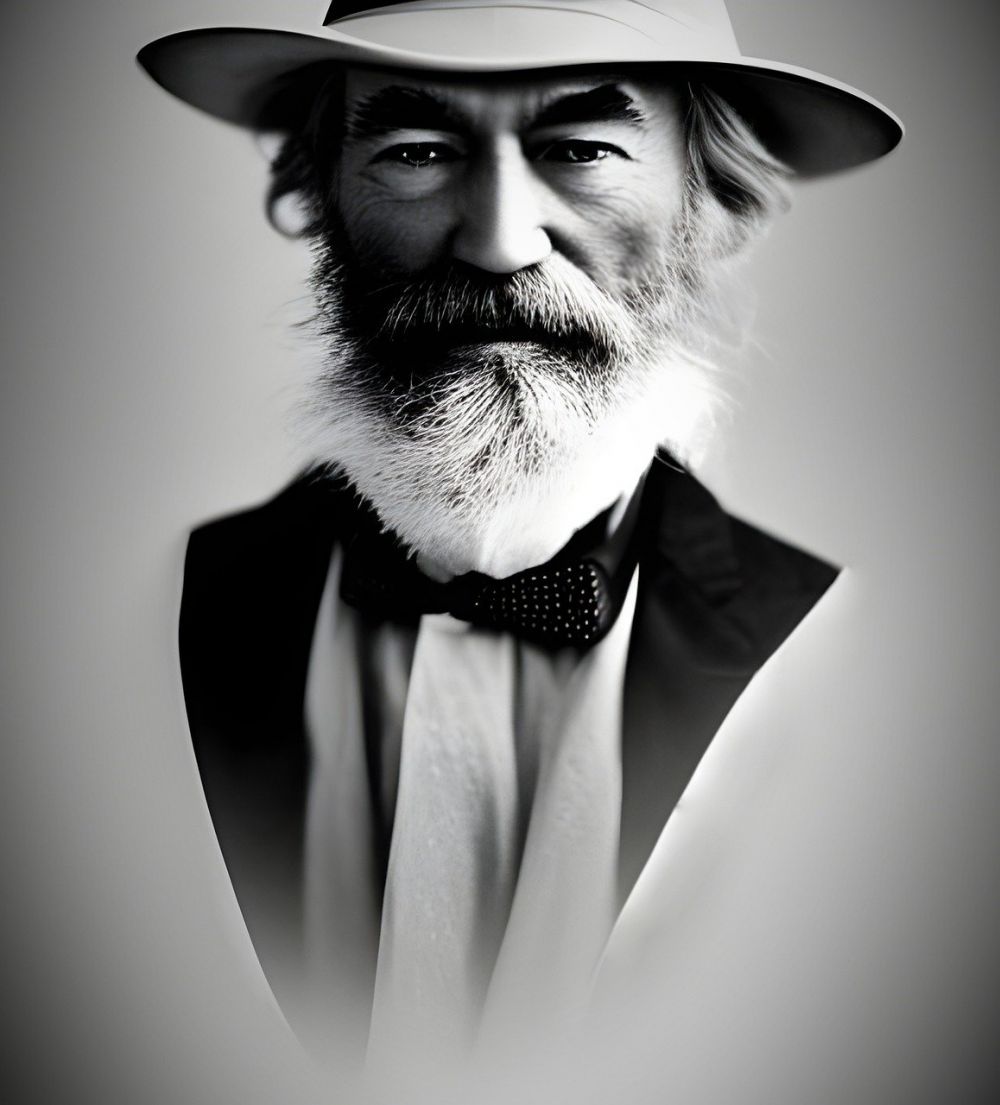Homers Odysseus: A Timeless Epic Journey

Introduction
:
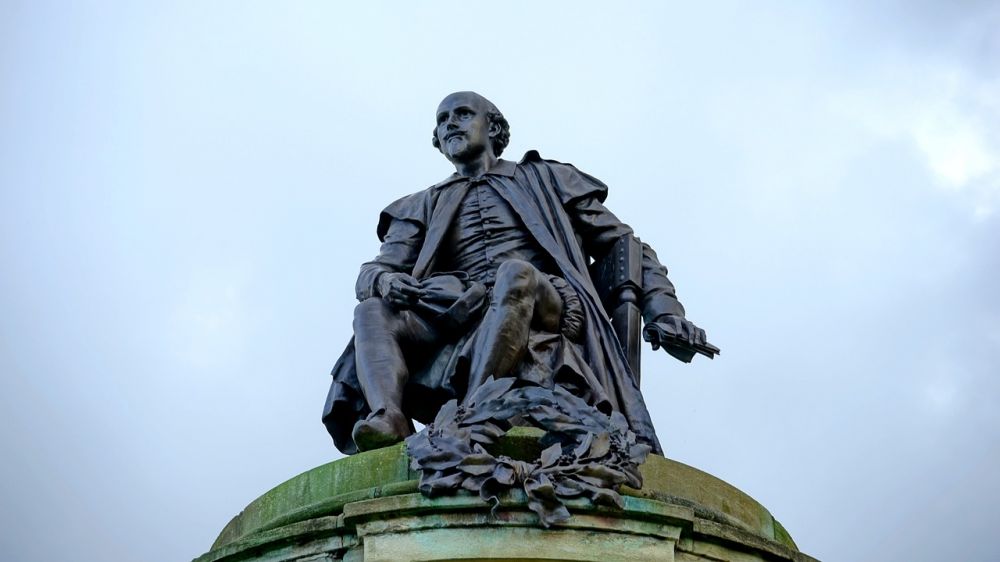
The epic poem “The Odyssey” by Homer is a significant piece of ancient Greek literature, which has captivated readers for centuries. It follows the adventures of the hero Odysseus as he tries to return home after the Trojan War. Exploring themes of heroism, perseverance, and the intervention of gods, this epic has left an indelible mark on the literary world. In this article, we will delve into the rich tapestry of “The Odyssey,” providing insights for those interested in the subject.
Historical Development of “The Odyssey”
:
“The Odyssey” is believed to have been composed by Homer in the 8th century BCE, during the ancient Greek Dark Ages. This oral tradition was later transcribed, making it one of the oldest surviving works of literature in Western history. While its exact origins remain a topic of debate, the epic’s impact on subsequent generations is unquestionable.
Throughout history, various translations and interpretations of “The Odyssey” have emerged, reflecting the evolving perspectives and cultural contexts. Notably, the poem’s plot, characters, and moral lessons have resonated with both ancient and modern audiences. From the Renaissance to the present day, scholars and creatives have continued to explore and re-imagine this timeless masterpiece.
The Structure of “The Odyssey”
:
“The Odyssey” is divided into 24 books, each chronicling a different episode of Odysseus’ journey. To enhance the readability and searchability of this article, let’s examine each key aspect of the poem by highlighting them as bullet points:
1. The Trojan War and Odysseus’ Departure
– The backstory of the Trojan War, emphasizing Odysseus’ role
– Odysseus’ struggles to return home after the war
– The interference of gods and mythical creatures
2. The Hero’s Odyssey Begins
– Odysseus’ encounter with the Cyclops Polyphemus
– His journey to the land of the enchantress Circe
– The visit to the Kingdom of the Dead
3. The Trials and Tribulations
– The temptation of the Sirens and Scylla and Charybdis
– Odysseus’ capture by the nymph Calypso
– His struggles with the suitors in his absence
4. The Reunion and Redemption
– The guidance of the goddess Athena
– Reunion with his son Telemachus and wife Penelope
– The epic battle against the suitors
– Choice: A visual representation of Homer’s Odyssey or a critical analysis by a renowned scholar]
The Enduring Appeal of “The Odyssey”
:
“The Odyssey” continues to captivate readers and scholars due to its universal themes, complex characters, and poetic mastery. Its exploration of the human condition, heroism, and the influence of gods offers valuable insights into ancient Greek culture. Moreover, the epic’s lessons on perseverance and the consequences of indulgence remain relevant in our modern lives.
To this day, artists, writers, and filmmakers draw inspiration from “The Odyssey,” creating adaptations and reinterpretations that breathe new life into the ancient tale. Its influence can be seen in popular culture, from James Joyce’s novel “Ulysses” to the Coen brothers’ film “O Brother, Where Art Thou?”
Conclusion
:
Homer’s “The Odyssey” stands as a testament to the enduring power of storytelling and the resilience of the human spirit. Through its engaging narrative and timeless themes, this epic poem continues to fascinate and inspire generations of readers. Whether one is delving into the ancient world or seeking moral guidance in the present, “The Odyssey” remains an invaluable literary treasure.
Introduction
Historical Development of “The Odyssey”
The Structure of “The Odyssey”
The Enduring Appeal of “The Odyssey”
Conclusion
